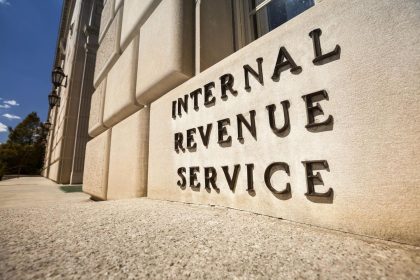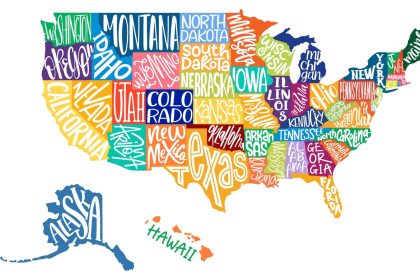In a surprise reversal, Gov. Kathy Hochul announced that planned congestion pricing in Manhattan’s Congestion Relief Zone will be shelved indefinitely—seemingly putting an end to what had been a contentious policy.
The plan, which was set to begin on June 30th, would have charged passenger vehicles up to $15 to enter Manhattan south of 60th Street. It would have been administered by the Metropolitan Transportation Authority and was intended to curtail vehicle traffic in and below Midtown—specifically by out-of-state drivers.
In the near term, it seems lawmakers are considering raising taxes on local businesses to make up the financial difference, Bloomberg Tax reported.
Congestion Pricing Shelved
Hochul cited economic concerns and the lingering effects of the Covid-19 pandemic in support of her plan to shelve the congestion pricing policy. She primarily acknowledged the financial strain the policy would place on New Yorkers, noting the increase in the cost of living over the past five years.
In her address on affordability and cost of living, Hochul emphasized the $15 toll would burden working- and middle-class families and potentially hinder the city’s economic recovery.
However, a payroll tax on local businesses as a means to aid the city’s economic recovery has its flaws and the proposal could exacerbate existing challenges. Small business are, as Hochul noted, already grappling with repercussions from the pandemic—introducing a payroll tax would increase their operational costs. As of 2022, small businesses account for 98% of New York State firms, and as such an added strain on small businesses is an added strain on business writ large.
A payroll tax could further discourage new businesses from setting up in the city and prompt existing ones to relocate to more tax-friendly areas. In addition, jettisoning congestion pricing arguably would do nothing to ameliorate the cost to residents of additional traffic—ranging from environmental degradation to added transportation costs.
Instead of fostering a conducive environment for business growth and recovery, a payroll tax pursued instead of congestion pricing would simply charge businesses an additional tax for the privilege of continuing to grapple with the same problems.
Congestion pricing not only generates much-needed revenue for public transit improvements, but it also addresses the significant environmental and knock-on health effects associated with traffic congestion and pollution. By forcing drivers to internalize the externalities generated by their chosen method of transportation, such as increased emissions and traffic delays, the city can encourage a more sustainable transportation culture.
Outlook
Ultimately, the MTA board must decide whether to vote in line with the governor. The board is comprised of 23 members, with voting members nominated by the governor, New York City’s mayor, and one each from various county executive representing Long Island and communities just north of the city.
Key decisions require the involvement and approval of the MTA Board, which is comprised of a chair and 16 other voting members, who are appointed by the governor with advice and consent of the state Senate. Substantial or general changes, in some cases, require a simple majority vote of the board. Consequently, it seems clear that a shelving of the board-approved congestion pricing plan will require a majority vote by the board.
If congestion pricing is shelved indefinitely, and absent a mechanism to internalize the cost of vehicle traffic, the burdens will continue to fall on the broader community, including those who do not use cars and opt for more environmentally friendly conveyances, like buses, subways and bicycles. Ultimately, this leads to a less efficient allocation of resources and burdens and perpetuates environmental degradation and health issues.
Read the full article here

















